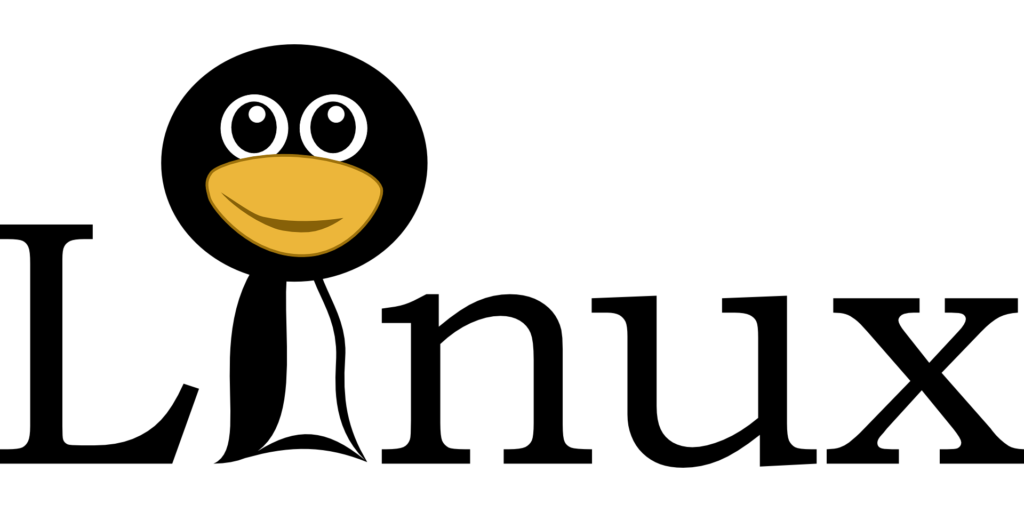Linux: A Versatile and Powerful Operating System
A free and open-source operating system, has gained immense popularity in recent years due to its versatility, reliability, and security. Derived from the Unix operating system, Linux offers a robust platform for various applications, from personal computers to massive servers. This article will delve into the key features and benefits, making it a compelling choice for individuals and organizations alike.

Origins and Development
Linux’s history is deeply intertwined with the philosophy of free and open-source software (FOSS). Linus Torvalds, a Finnish computer science student, started the Linux project as a kernel—a core part of an operating system that manages hardware and system processes—based on the principles of the GNU Project initiated by Richard Stallman in 1983. The GNU Project aimed to create a free Unix-like operating system, but lacked a kernel. Torvalds’ kernel, combined with the GNU tools, led to the development of a fully functional operating system. This collaborative nature is central to the identity, allowing anyone to modify, distribute, and enhance the software.
Core Features and Benefits
-
Open-Source Nature: One of the most significant advantages of Linux is its open-source nature. This means that the source code is freely available to anyone, allowing for customization, modification, and distribution. This openness fosters a vibrant community of developers who contribute to the continuous improvement of the operating system.
-
Security: It is renowned for its robust security measures. Its architecture, combined with a strong community of security researchers, helps to identify and address vulnerabilities promptly. Additionally, Its often receives security updates more frequently than proprietary operating systems, ensuring that users are protected from the latest threats.
-
Stability: Linux is known for its stability and reliability. It is designed to handle heavy workloads and can run for extended periods without crashing. This makes it ideal for servers and other critical systems where uptime is crucial.
-
Customization: Its offers a high degree of customization, allowing users to tailor the operating system to their specific needs. From the desktop environment to the kernel, users can modify various aspects of Linux to suit their preferences and workflows.
-
Community Support: The Linux community is vast and active, providing extensive support and resources for users. Forums, mailing lists, and online communities offer a wealth of information and assistance, making it easy for users to find help when needed.
This OS is incredibly versatile and is used in a wide range of applications. Here are some common uses:
- Server Environments: Widely used on servers due to its stability, security, and efficiency. It powers web servers, email servers, database servers, and more.
- Desktop Computing: Although less common than Windows or macOS on desktops, Linux distributions like Ubuntu, Fedora, and linux Mint provide a user-friendly experience for everyday computing tasks.
- Embedded Systems: This OS is used in various embedded systems such as routers, smart TVs, and industrial machinery due to its flexibility and customization options.
- Supercomputing: Many of the world’s most powerful supercomputers run Linux because of its scalability and performance.
- Development and Testing: Developers often use Linux for software development and testing due to its support for a wide range of programming languages and tools.
- Networking: Linux is used for network infrastructure, including firewalls, VPNs, and network management systems.
Community and Support
The community of the os is one of its greatest strengths. Since its inception, linux has grown thanks to the contributions of millions of developers, users, and enthusiasts around the world. This global community not only drives the development of the kernel and various distributions but also provides extensive support through forums, documentation, and open-source projects. https://www.linux.org/pages/download/
Additionally, many organizations offer professional support for Linux distributions, particularly in enterprise settings. Red Hat, Canonical (the company behind Ubuntu), and SUSE are among the leading providers of commercial Linux support, offering services that include technical assistance, updates, and managed solutions.
https://infomate26.com/category/blog/
Conclusion
Linux has emerged as a powerful and versatile operating system that offers numerous benefits to users. Its open-source nature, security, stability, customization options, and community support make it a compelling choice for individuals and organizations of all sizes. Whether you’re a home user, a developer, or an enterprise, Linux provides a reliable and flexible platform for your computing need.

